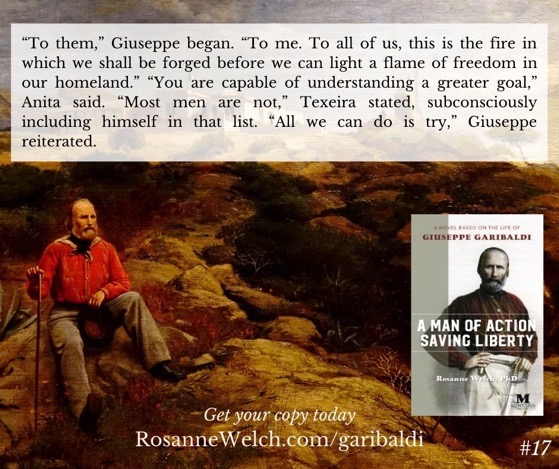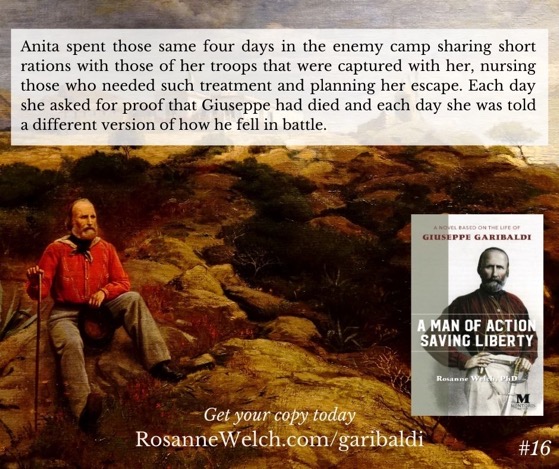“Let us simply celebrate good television” and Bridgerton [Opinion] by Dr. Rosanne Welch
Leave it to NPR to get it right, which is why I’m posting this piece they did on Bridgerton (Netflix), the new show executive produced by Shonda Rhimes and created for television by Chris Van Dusen from the romance book series by Julia Quinn.
See ‘Bridgerton’ Is A Delicious, Raunchy Tale Of One Very Hot Family
Far beyond explaining the show’s popularity, this article interested me because it understood instantly that what works best and most binge-ably about this show is that
“Let us simply celebrate good television, made by a shop run by a woman who loves good television and written by people who are experienced in television.”

In fact, I found one of the cleanest, clearest descriptions of the difference between movie screenplays and television screenplays while listening to this.
“Writing television requires writing to the rhythm of the episode, not just the season. An episode must have its own shape, its own rise and fall… Obviously, in a serialized story, one episode will not be complete on its own when it comes to plot, but it should work on its own structurally. It should have a beginning, middle, and end.”
You could spend a whole semester in a writing class and not yet be able to define it so cleanly – or create a piece that demonstrates having digested that delightfully delectable tidbit.
I also appreciated the note about how we may think streaming services invented binge-watching but
“Remember, binge-watching really came of age with DVDs, which didn’t have the Netflixian boosts of the auto-play and the credits-skipping and the part where they almost bodily shove you from one episode to the next episode. If you watched 10 episodes of Grey’s Anatomy on DVD, it was because you affirmatively said yes, over and over.”
I would go so far as to say TV in general invented that because before streaming it had to make characters and stories so compelling you would remember to be in front of the TV set at the same time every week in order to keep up.
That’s quite a lot of television writing (and history) information to glean out of one short public radio piece. Kudos to NPR pop culture correspondent Linda Holmes. And because we learn so much from any writer’s origin story – don’t miss her story at the end of the online post:
“She began her professional life as an attorney. In time, however, her affection for writing, popular culture, and the online universe eclipsed her legal ambitions. She shoved her law degree in the back of the closet, gave its living-room space to DVD sets of The Wire, and never looked back.
Holmes was a writer and editor at Television Without Pity, where she recapped several hundred hours of programming — including both High School Musical movies, for which she did not receive hazard pay. Her first novel, Evvie Drake Starts Over, will be published in the summer of 2019.”
Rosanne Welch serves as Executive Director of the Stephens College MFA in TV and Screenwriting. Television credits include Beverly Hills 90210, Picket Fences, Nightline and Touched by an Angel. Award-winning publications include When Women Wrote Hollywood, runner up for the Susan Koppelman Award for best edited book in feminist studies and Women in American History, named Outstanding Reference Source and added to the list of 2017’s Best Historical Materials, by the ALA.



![“Let us simply celebrate good television” and Bridgerton [Opinion]](https://rosannewelch.com/wp-content/uploads/2021/01/bridgerton_102_unit_02026r_wide-49ad8217ad7c4ad71acc07e93e04f3a428320888-s800-c85.jpg)
![04 Down With The Auteur Theory from There And Back Again: Writing and Developing for American TV [Video] (54 seconds)](https://rosannewelch.com/wp-content/uploads/2020/12/rmw-oxford-brookes-04.png)



![03 Why Writers Matter from There And Back Again: Writing and Developing for American TV [Video] (41 seconds)](https://rosannewelch.com/wp-content/uploads/2020/12/rmw-oxford-brookes-03.png)
